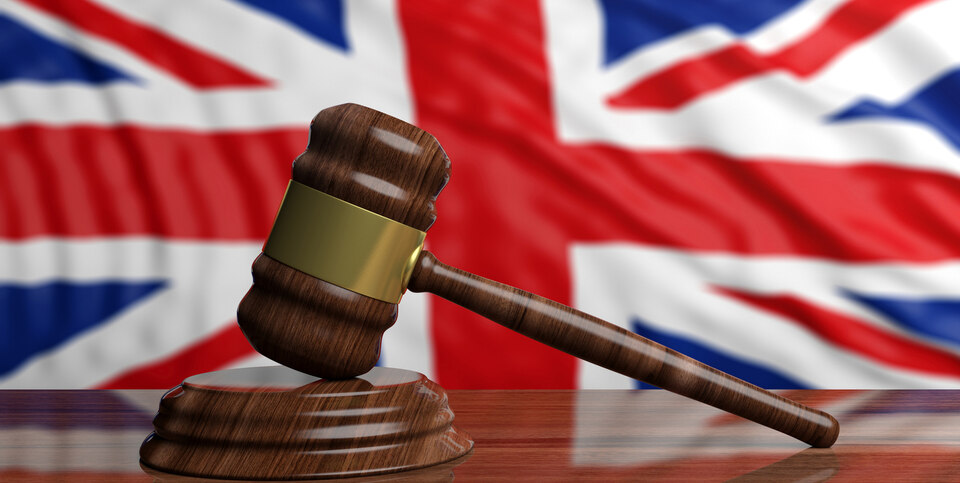The Pros of Regulation
It isn’t the most interesting area of casino gaming for most people. People would rather read reviews of the games or see what features there are, rather than think about accountability and regulation. For all the complaints about red tape and bureaucracy, there’s a strong case to be made for keeping the gambling world on a tight leash.
First and foremost, regulation protects people. It puts pressure on casino operators to run fair games, verify who’s playing, and intervene when someone shows signs of harmful behaviour. Without these checks, vulnerable players can easily slip through the cracks. That’s when real damage happens.
Also, regulation improves trust. When people know that a site is licensed by a proper authority, they feel more comfortable handing over their money. It shows the casino has been checked, that its games are monitored, and that it’s not just some shady offshore setup. This trust helps the entire industry feel more legitimate.
Another bonus? Cleaner advertising. The days of “risk-free” bets and misleading promotions are fading. Regulations force operators to be clearer about what they’re offering. That means fewer players get caught out by fine print or feel tricked by complicated wagering terms.
And let’s not forget data protection. Licensed casinos are required to protect customer information and prevent fraud. In an age where personal data is currency, that kind of security matters more than ever and GDPR rules make it even more important for everyone to follow the same rules.
In 2024, the Gambling Commission made even more changes and tightened some of the rules as a trial.
Andrew Rhodes, Gambling Commission CEO, said: “As a gambling regulator it’s vital that the introduction of new rules is based on evidence and takes into account the views of consumers and other interested parties.
“We have listened to the views expressed in our engagement and in the consultation responses, and we have made changes while still ensuring that we deliver meaningful protections.
“We are also pleased to be taking forward a pilot of financial risk assessments and data collection, which together will ensure that we can make informed decisions about how these assessments can be implemented in a way that supports both consumer freedom and protections.”
New schemes include those aiming to prevent problem gambling and to spot the signs, as well as taking a consumer’s financial situation into account more closely to prevent big deposits and losses, even when a customer does not earn huge amounts.
What About the Downsides?
Regulation hasn’t come without its issues. Some feel that the new rules have gone too far and are strangling the industry. There’s concern that legitimate players are being treated like high-risk gamblers. Many have complained about the hassle of affordability checks or the way bonuses have dried up.
Smaller operators especially have struggled. Complying with UKGC requirements takes time and money. For bigger companies, this is just part of the cost of doing business. But for smaller brands, it can be overwhelming. Some have pulled out of the UK market altogether.
Then there’s the unintended consequence: players drifting to unlicensed sites. When the restrictions feel too tight, some gamblers look elsewhere. Offshore casinos, without UK licenses, might offer looser limits, faster withdrawals, and fewer checks. But they also offer zero protection. No regulatory body to complain to. No guarantee of fairness. If something goes wrong, players are on their own.
Too much regulation can push people into riskier spaces. It’s a balancing act, and not an easy one.
There’s no easy way to prevent people from accessing these kinds of operators. They exist with licenses provided by other authorities rather than the UK’s system and people can access them relatively freely.
The Impact on the Player Experience
It is possible that players are facing more checks and warnings when they play online games.
But has the fun really disappeared?
For some, things have been impacted. But for others, the changes haven’t ruined the fun; they’ve just reshaped it. There’s still entertainment to be had, just with a bit more thought and care involved.
Modern UK casinos are focusing more on quality over quantity. Better design. Smarter games. More responsible tools to keep players in control. In many ways, the experience has matured. It’s less of a free-for-all, and more of a controlled environment. That’s not a bad thing. The impacts for customers are minimal and there are a lot of ways that people can still play games that are not widely impacted at all.
Discover the Latest Casino News






